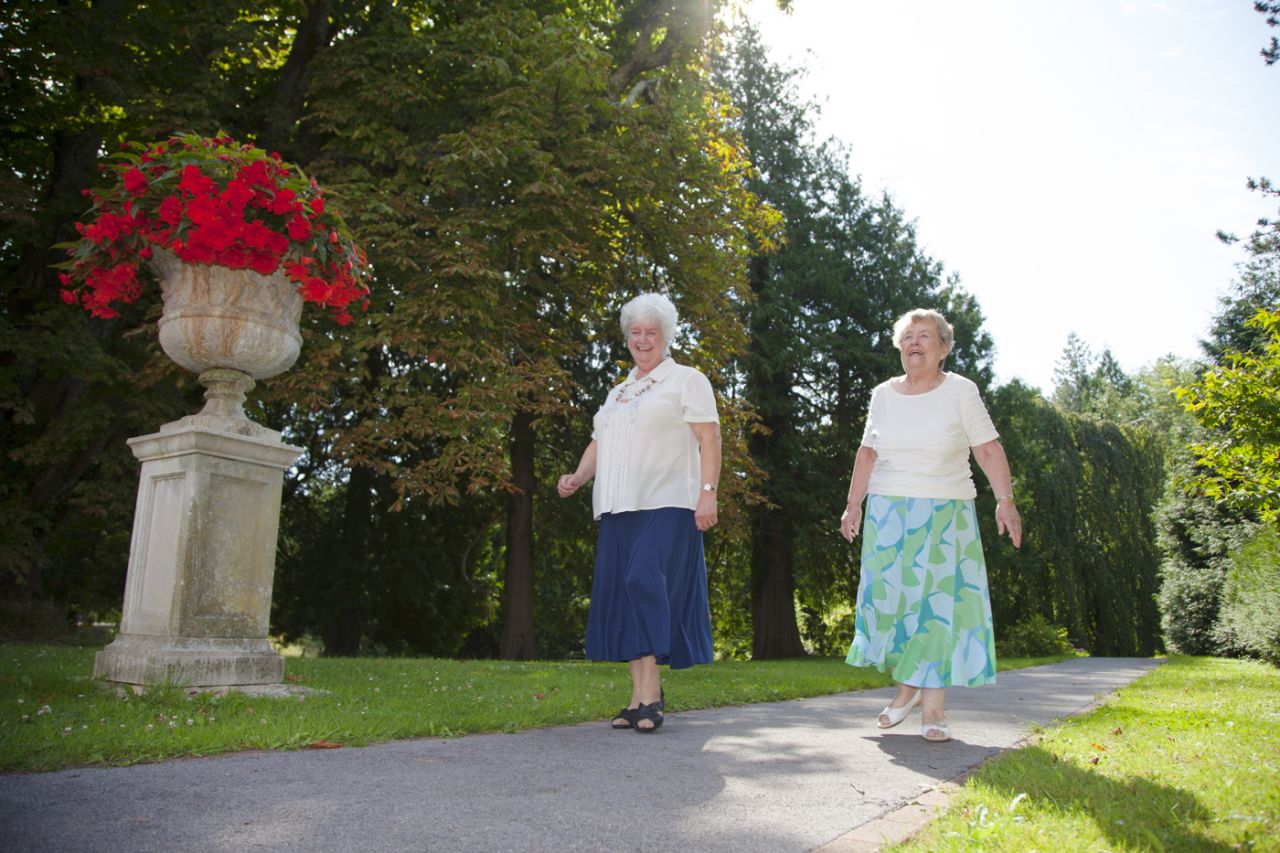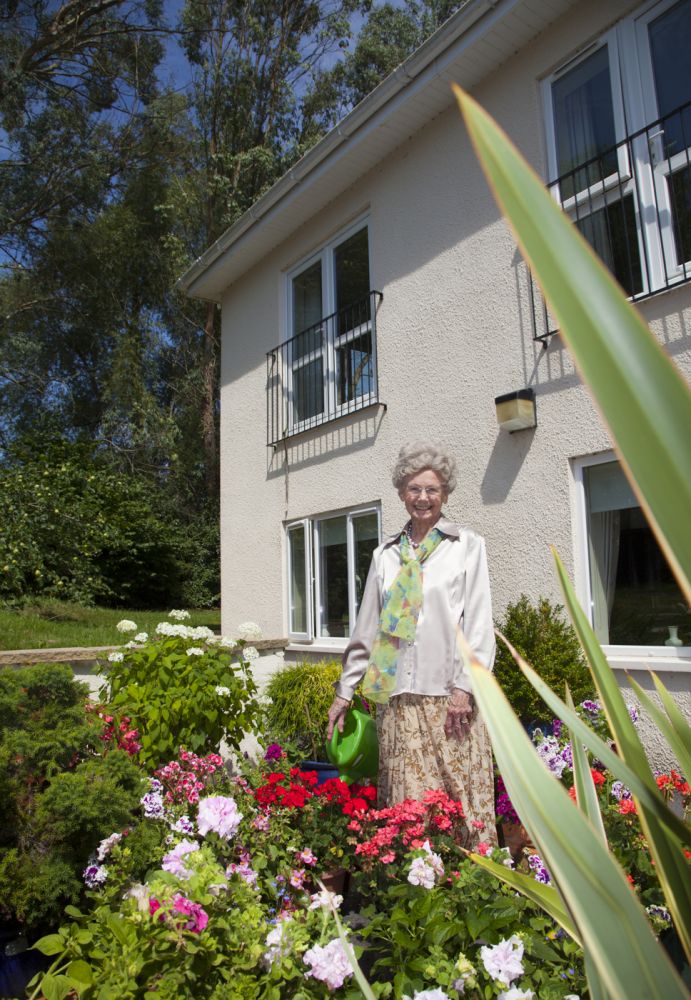Becoming a Resident
At some point in our lives many of us will require the support offered by the care sector, this may be in the form of home care, day care, respite or a combination of these, prior to making a more long term decision. We understand that the prospect of going into residential care can be a very daunting thought and we recommend that as well as offering the type of care you require, the home you choose should also provide the additional services you need in an environment that’s right for you.
Finding the right care home can take some time. When you have made the decision to move to a care home, there are a number of things to consider that will help you to make the right choice.
As well as understanding the funding options available and what assistance you are eligible for, you also need to ensure that the homes you consider are able to provide the level of support and care that you require.
You should visit a number of care homes to make sure that they meet your current and possible future needs. Most care homes have an “Open Door” policy and will welcome you to visit any time. However, it is important to meet the homes manager so it is best to contact the home in advance and make an appointment.
Make sure that you spend plenty of time looking around and talking to the person in charge, as well as other staff and residents. Don’t be afraid to ask questions.
Checklist for choosing a care home
Location
First impressions
Care
Communal areas
Bedrooms
Meals
Activities
Staff
Visitors
Moving in
Moving in to a care home can be a daunting prospect for any new resident and their family. We aim to make moving in a carefully planned and smooth process for everyone.
We offer both day care and respite care to help with the transition of moving permanently into one of our care homes. Wherever possible we will encourage you to come and spend a day/week-end/week etc with us prior to deciding on such a big move.
Prior to your admission we will visit you in your home or hospital to discuss your needs and requirements and to fully assess whether or not we are able to meet your current and future needs.
On admission we try to if possible, for you to be greeted by a member of staff whom you have met during the assessment process. You will then be shown to your room (if this is what you choose) by the Manager, Duty Officer or known member of staff.
Every effort will be made to make you feel at home and to be made welcome on arrival and to make the transitional period as smooth as possible. You will be given as much information as possible in order for this to happen and any worries or concerns that you may have will be discussed.
You will receive a copy of our complaints procedure along with any other relevant information that you will not have received with our brochure, such as the routines of the home for example mealtimes, bathing and activities.
If help is required with the unpacking of luggage and arranging your room this will be given in a sensitive manner by a member of staff.
Your General Practitioner will be informed of your admission and hopefully if your General Practitioner is in the same area you will be able to keep the same one.
A trial period will commence on admission for both you and the home to ensure that all parties are sure that it is the home for them and that all needs can be met.



